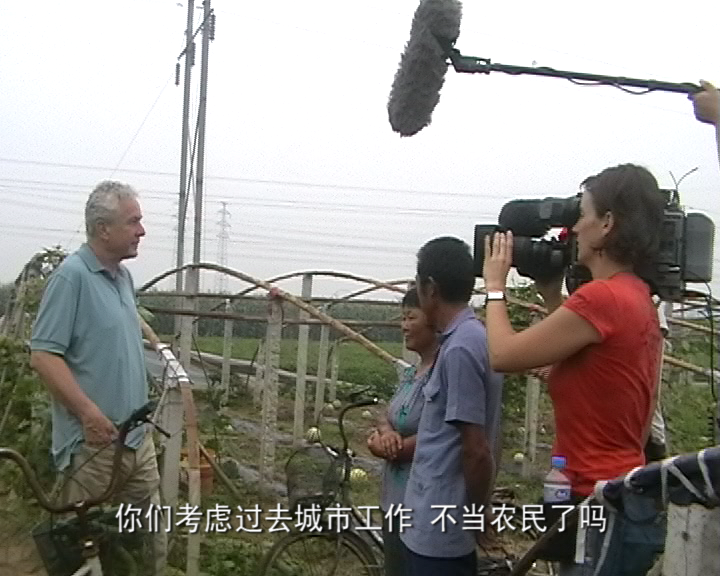
In 2005, the Beijing-based Caochangdi Workstation launched the China Villagers Documentary project with the aim of training amateur filmmakers to make videos about their own villages using DV cameras. In 2010, the Workstation initiated the Folk Memory Project. The intention was to create an oral history and documentary film project to record ordinary people’s memories of the Great Famine between 1958 and 1961 which, as older generations passed away, were on the verge of being forgotten. As the project progressed, the focus expanded to encompass wider historical events such as the Cultural Revolution and the Land Reform Movement and has increasingly explored the interconnectedness between the past and the contemporary moment. The primary modus operandi has remained consistent throughout: the filmmakers return to their villages and, through a self-reflexive and dialogic process, bring light to the memories of their grandmothers and grandfathers, whose perspectives have been neglected, and sometimes deliberately buried. Avoiding any use of archival materials, those in the present embody and reconstruct the past, continually reworking and remaking Chinese history from the ground up.
Folk Memory Project: Between Autoethnography and Anti-ethnography is both a celebration of multitudinous perspectives and a reminder of the contested nature of history. It is also an inquiry into the boundaries of selfhood and memory; here the special kinship between the filmmakers and “their” villages asks us to confront new questions of positionality in documentary. Unpretentiously re-examining the politics of their own making, the four films in this programme testify to the power of sharing memories as an act of solidarity.
Curated by Hyun Jin Cho.